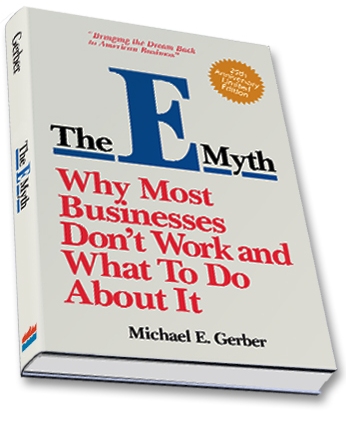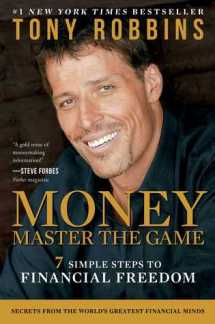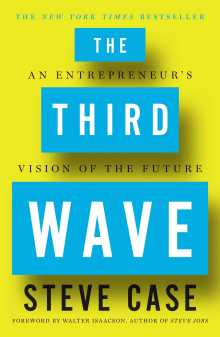Angela Duckworth’s book Grit has been well-received and it is generating debates in scientific as well as education circles. The book is based on the research carried out by the author. It provides an entertaining, lucid and informative take on Angela’s findings. The author outlines a wide variety of ways to develop grit and how to nurture it in compatriots. The outstanding concepts about grit outlined in this awesome read point to the quality as a reliable predictor of success. She states that grit can be learned and adopted by virtually anyone regardless of age, gender or creed.
Talent versus Grit
However, some sections of the media seem to miss the point by suggesting that the book is anti-IQ and talent. Instead, the book clearly recognizes the existence and role of talent. The author defines talent as the rate at which individuals understand concepts with effort. She goes on to state that talent has the capacity to distract from the effort needed to accomplish goals.
The author stresses the critical roles played by other qualities, such as social intelligence, kindness and humility. Grit, on the other hand, is typically regarded as the least class-based predictor of future prospects when compared to aptitude. It is viewed by many as being egalitarian.
While measurable intelligence is largely dependent on genetic endowment and environment inputs, the development of grit does not rely on culturally-specific prompts. The later appears to be a more dependable engine of social mobility.
Duckworth manages to bring her discoveries to the reading public in a way that resonates with business approaches. It comes as no surprise that some commentators are convinced that the publication has a place in the business section of bookstores.
Grit paragons
It features two equations showing how grit is better than talent. The first one combines effort and talent to yield skill. On other hand, skill x effort = achievement. However, one does not need just effort but focused effort. In the book, Angela profiles a number of people with indefatigable resolve, whom she referred to as grit paragons.
One of those gritty individuals is thirteen-year-old Kerry Close who managed to clock more than 3,000 hours of practice. The teenager was working towards becoming a National Spelling Bee champion. Her fearlessness and relentless approach to practicing paid off at a tender age. She exhibited amazing commitment to identifying her mistakes and correcting them countless times.
Some of the other grit paragons mentioned in the book include a woman who won the battle against cerebral palsy to become an outstanding British comic. Duckwork also highlighted West Point cadets who survived the rigors of a grueling rite of initiation.
Duckworth’s Grit Scale
The Grit Scale is a set of questions that are aimed at determining one’s resolve, optimism, diligence, stick-to-it-iveness, willingness to work hard, focus and more. She also offers a four-step program aimed at reinforcing grit and a sense of purpose. The first step involves identifying a burning interest whereas the second step is all about regular practice. Meanwhile, the third stage revolves around developing a indefatigable sense of purpose.
In the book, Angela illustrates the importance of purpose-driven grit with the inspirational story of Kat Cole. This young grit paragon is the child of a financially struggling single mother. Yet, she managed to work her way to becoming president of the Cinnabon bakery chain after waitressing at Hooters.
However, some Grit book review comments suggest that this example is feeble and exposes a flaw in the book. The arguments arise from Cole’s proclamations that she is willing to help change the world. The reviewers dismiss the claims as a corporate PR stunt.
Should You Read It?
If you’re interested in the key points of “talent vs grit”, I highly suggest this interesting read. It goes to show that persistence pays off no matter what you put your mind to.











